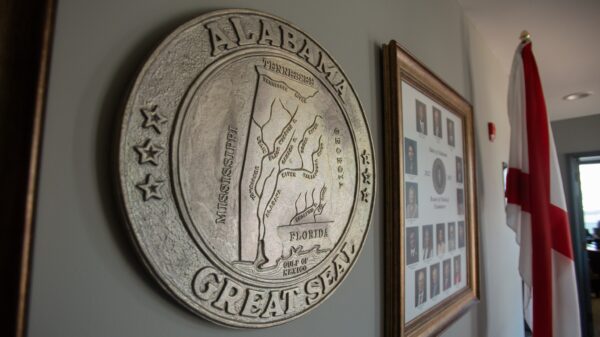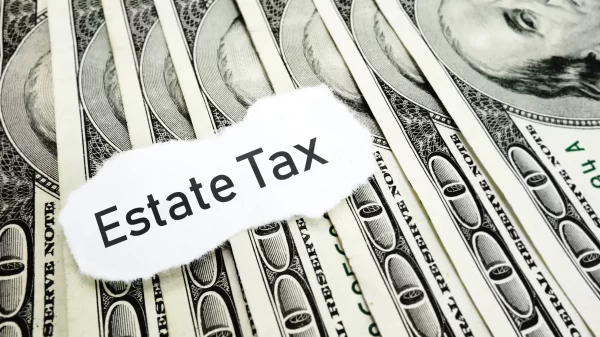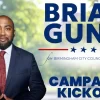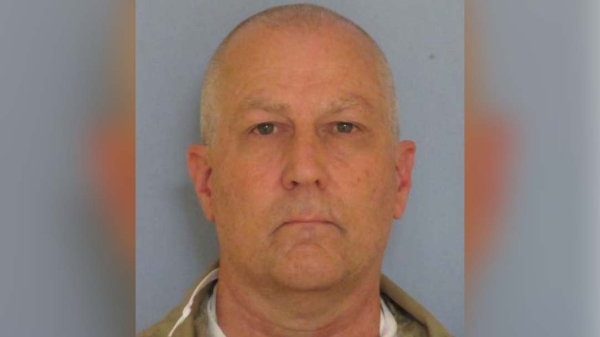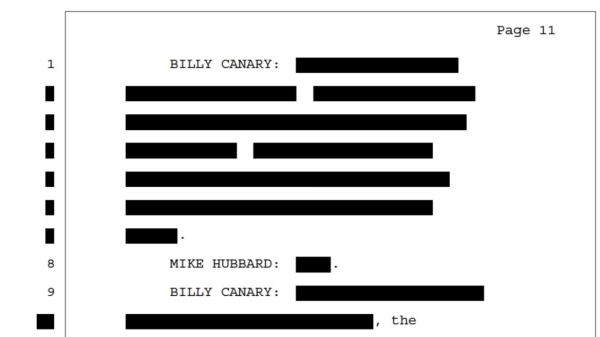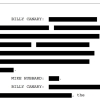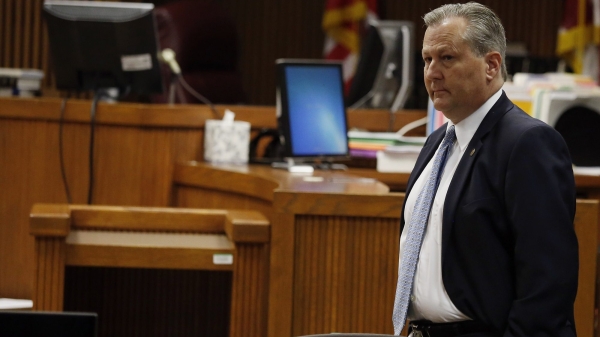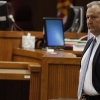By Lee Hedgepeth
Alabama Political Reporter
AUBURN – This primary election cycle, the race for the House District 79 GOP nomination was an especially contentious one. In it, Speaker of the House Mike Hubbard was challenged by Auburn businessman Sandy Toomer in an election which saw one of the largest campaign spending totals of any primary statewide. With hundreds of thousands being spent on both sides – through the use of traditional candidate campaign spending, PACs, and private foundations – plenty of red meat rhetoric around funding sources flew back and forth from ad to ad.
From Hubbard’s side, one of the main talking points was that “folks in Montgomery who used to run things,” particularly the Alabama Education Association, which played a more prominent role in state politics under Democratic governance, were deceiving Alabamians and preparing to attack the Speaker and his reelection campaign to regain political control on Goat Hill.
Calling the AEA, and other historically Democratic leaning organizations like the state trial lawyers, “liberal special interests,” Hubbard and those using his speaking points have for months attacked the groups, pointing to those who take their campaign dollars as borderline socialists bent on enacting the liberal agenda of Barack Hussein Obama.
“It’s that time of year again,” Speaker Hubbard posted on social media on April Fools’ Day – the same day he was implicated in the public corruption plea deal that led to the arrest, conviction, and resignation of Rep. Greg Wren, R-Montgomery. “The liberal special interest groups have started spreading lies about conservatives to win elections. I’m not backing down though; I’m still fighting for you. Watch this new video to see how.”
The video, one of the Speaker’s earliest reelection ads, is called “Liberal Special Interests,” and visually uses AEA as an example of one of these groups.
AEA, though, were not the ones spreading what Hubbard labeled “lies” about conservatives. That day, at least, April Fools’ Day of this year, the Attorney General’s Office, not the AEA or trial lawyers, were spreading claims about Hubbard: direct claims in the form of Wren’s plea deal that say Hubbard knew of – and endorsed – language inserted into the budget that gave a pharmaceutical monopoly to a company for which he consulted.
All of these claims against AEA and others backfired, though, when Hubbard’s spokesperson Rachel Adams accidentally provided the Pulitzer Prize winning Center for Public Integrity of copy of IRS records for the Alabama House Republican Conference, a nonprofit social welfare arm of the House GOP caucus. The records, which were clearly not made for public consumption, reveal that Hubbard, who is listed as one of three directors of the group, took $5,000 from the AEA and $5,000 from the Trial Trust.
Also listed on the IRS forms is the purpose of the group as articulated by the GOP leadership: “to communicate the goals, objectives, and message of the Republican members of the House and to educate the public of the conference’s positions on legislation.”
Hopefully, the conference will “communicate” to the electorate what “goals, objectives and message” was gleaned from the $10,000 taken from Mike Hubbard’s liberal special interests.














